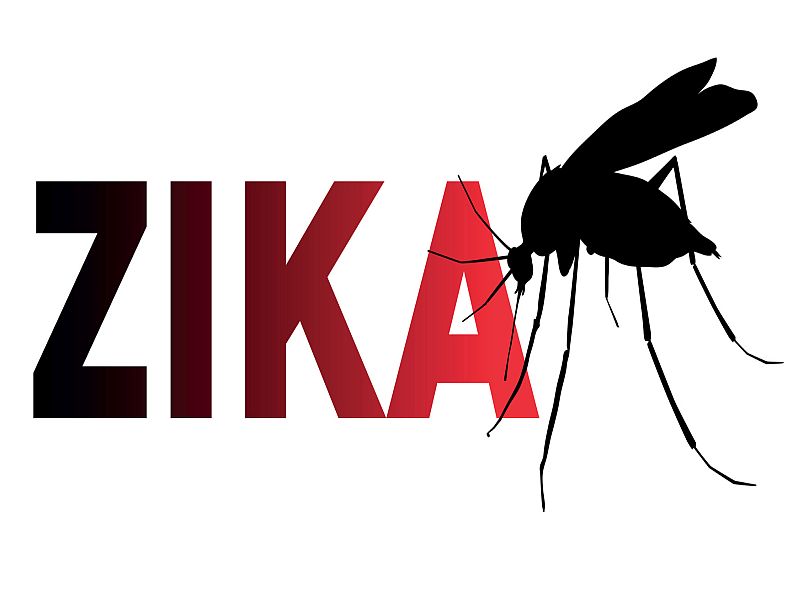
WEDNESDAY,
June 22, 2016 (HealthDay News) -- Fears over birth defects from
mosquito-borne Zika may be driving up abortion rates in Latin American
countries affected by the virus, a new study finds.
In Brazil and Ecuador -- where governments have issued health
warnings on the danger to the fetus from maternal Zika infection --
requests for abortion in 2016 have doubled from 2010 rates, researchers
say.
The other 17 Latin American countries covered by the new study had
their rates rise by more than a third during that time, according to the
June 22 report in the New England Journal of Medicine.
The researchers noted that because data on family planning in Latin
America is often hard to come by, their numbers may underestimate the
surge in abortions since Zika's emergence.
Their study relied on data from Women on Web, a widely used nonprofit
online resource for women seeking abortions in Latin America. The group
provides medical abortions for women in countries where safe abortions
are not widely available.
"The World Health Organization predicts as many as 4 million Zika
cases across the Americas over the next year, and the virus will
inevitably spread to other countries," noted study senior author Dr.
Catherine Aiken, of the University of Cambridge in England.
"It isn't enough for health officials just to warn women about the
risks associated with Zika -- they must also make efforts to ensure that
women are offered safe, legal, and accessible reproductive choices,"
Aiken said in a university news release.
The mosquito-borne Zika virus has struck countries around the world,
and travelers have brought it to the U.S. mainland. The American
territory of Puerto Rico is facing an especially high risk, potentially
placing hundreds of pregnant women in jeopardy of delivering babies with
debilitating birth defects.
But no nation has been more affected than Brazil. As a result of the
Zika epidemic there, almost 5,000 babies have been born with a
devastating birth defect known as microcephaly after their mothers were
infected with Zika early in pregnancy.
In microcephaly, a newborn's head is smaller than normal, with the potential for long-term neurological damage.
Just last Friday, the U.S. Centers for Disease Control and Prevention
warned that infection rates are rising in Puerto Rico. Testing of blood
donations in the U.S. territory -- "our most accurate real-time leading
indicator of Zika activity" -- suggest that more and more people on the
island have been infected, according to CDC Director Dr. Tom Frieden.
"Based on the best information available, Zika infections appear to
be increasing rapidly in Puerto Rico," he said in a media briefing.
"The real importance of this information is that in coming months
it's possible that thousands of pregnant women in Puerto Rico could
become infected with Zika," he stressed. "This could lead to dozens or
hundreds of infants being born with microcephaly in the coming year."
For weeks now, the percentage of blood donations testing positive for
Zika has been increasing in Puerto Rico, reaching as high as 1.1
percent for the latest week of reporting, June 5-11, the CDC's Morbidity and Mortality Weekly Report indicates.
However, only one in every five people infected with Zika develops any symptoms, making the virus difficult to track.
Zika is typically transmitted via the bite of the Aedes aegypti mosquito.
"Controlling this mosquito is very difficult," Frieden said. "It
takes an entire community working together to protect a pregnant woman."
Because the virus remains largely undetected, it will be months
before affected babies begin to be born, Frieden said. Some will have
microcephaly or other brain-related birth defects. But many will appear
healthy and normal, and there's no way to know how they might have been
affected, he added.
"We simply don't know, and may not know for years, if there will be long-term consequences on brain development," Frieden said.
No places in the continental United States currently have local
transmission of Zika, the CDC said. But one blood bank, the Gulf Coast
Regional Blood Center in Houston, has already started screening
donations for Zika under the FDA's investigational approval for a
screening test for the virus.
The CDC has said it expects to see Zika infections in Gulf Coast
states like Florida, Louisiana and Texas as mosquito season heats up.
Mosquito bites remain the typical way Zika is spread. But,
transmission of the virus through sex is more common than previously
thought, World Health Organizations officials have said.
Women of child-bearing age who live in an active Zika region should
protect themselves from mosquitoes by wearing long-sleeved shirts and
long pants, using mosquito repellent when outside, and staying indoors
as much as possible, according to the CDC.
President Barack Obama has asked Congress to allocate $1.9 billion to
combat the Zika threat, but lawmakers have yet to agree on a spending
packag

No comments:
Post a Comment